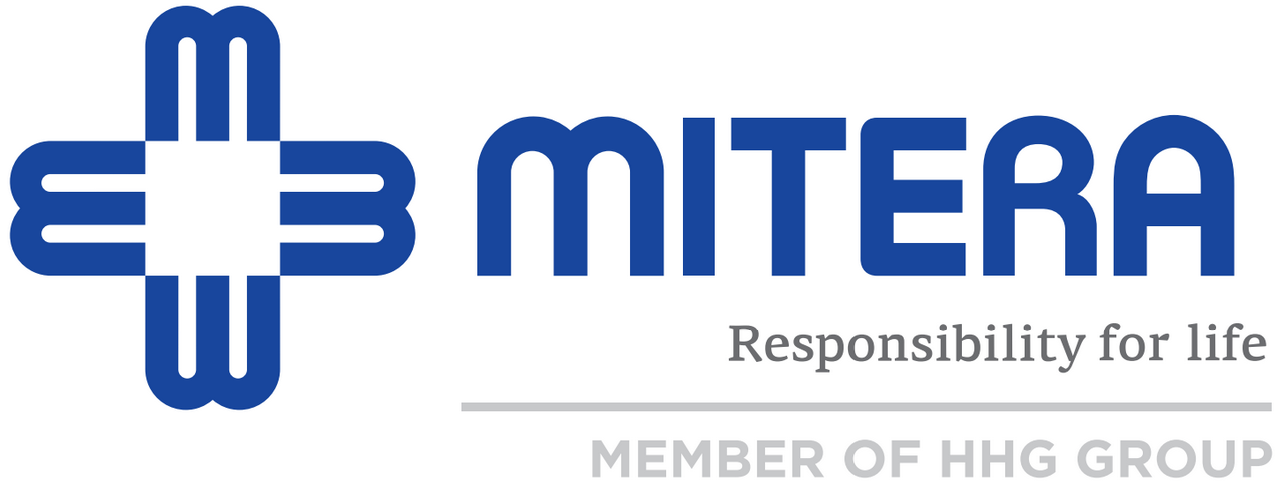MITERA: Congenital Heart Diseases in Children May Now Be Treated Within the 1st Year of Life
International Medical Forum
The latest techniques in the contemporary treatment of congenital heart diseases spanning from fetuses to adults, with the aim of complete healing until the 1st year of life, were discussed during the International Forum on Saturday April 16 and Sunday April 17. The Forum was jointly organized by the MITERA Hospital Pediatric & Adult Congenital Heart Disease Clinic along with the Cardiac Surgery Clinic, in cooperation with the Cœurs Pour Tous humanitarian association, and its Greek annex Cœurs Pour Tous Hellas.
As noted by Dr Aphrodite Tzifa, Director of the MITERA Hospital Pediatric & Adult Congenital Heart Disease Clinic, “Nowadays, it is possible to correct most congenital heart diseases at one stage up to the 1st year of life, rendering previous interim palliative procedures unnecessary. However, to achieve complete repair at one stage, surgeons must have access to all required information and precise imaging scans preoperatively, while imaging is performed with non-invasive methods, such as cardiac MRI. The most demanding MRIs are the ones performed on neonates and gravely ill children, while it is currently possible to have MRI-guided cardiac catheterizations performed in Greece.”
On his part, Professor Afksendiyos Kalangos, Director of the MITERA Hospital Cardiac Surgery Clinic and Professor of Cardiovascular Surgery at Geneva University Hospital, stated, “Many facts have changed in the last decade when it comes to treating patients with congenital heart disease and the long-term effects of these changes have only just started becoming evident. With regard to primary repair of complex cardiac valve conditions, it is now possible to correct problems associated with the tricuspid valve, such as Ebstein’s anomaly, which was not possible to do in Greece in the past. It is preferable to correct a diseased valve in children rather than replace it with a prosthetic mechanical one, as this affects their quality of life. This is why it is necessary for the various specialties to work together. Meanwhile, to ensure that these patients will remain healthy until they become adults, it is necessary to adopt an optimal surgical and/or interventional plan in childhood, as soon and as efficiently as possible.”
As Professor Kalangos concluded, “Access to top healthcare services must be independent to the socioeconomic level of a family. Assisted by the Coeurs Pour Tous Hellas association, many children in Greece who in the past would have been sent abroad have already started being treated in Greece, strictly with Association funds.
Apart from distinguished Greek physicians, world-renowned scientists also participated in the Forum, including Professors Reza Razavi and David Anderson from Guy’s and St. Thomas’ Hospital, London; leading Pediatric Cardiology Professor Jane Somerville, Emeritus Professor at Imperial College, London; Cardiovascular Surgery Professor Shunji Sano from Okayama University Hospital; and Francesco Parisi, head of pediatric transplantations at Bambino Gesù Hospital, Rome.


